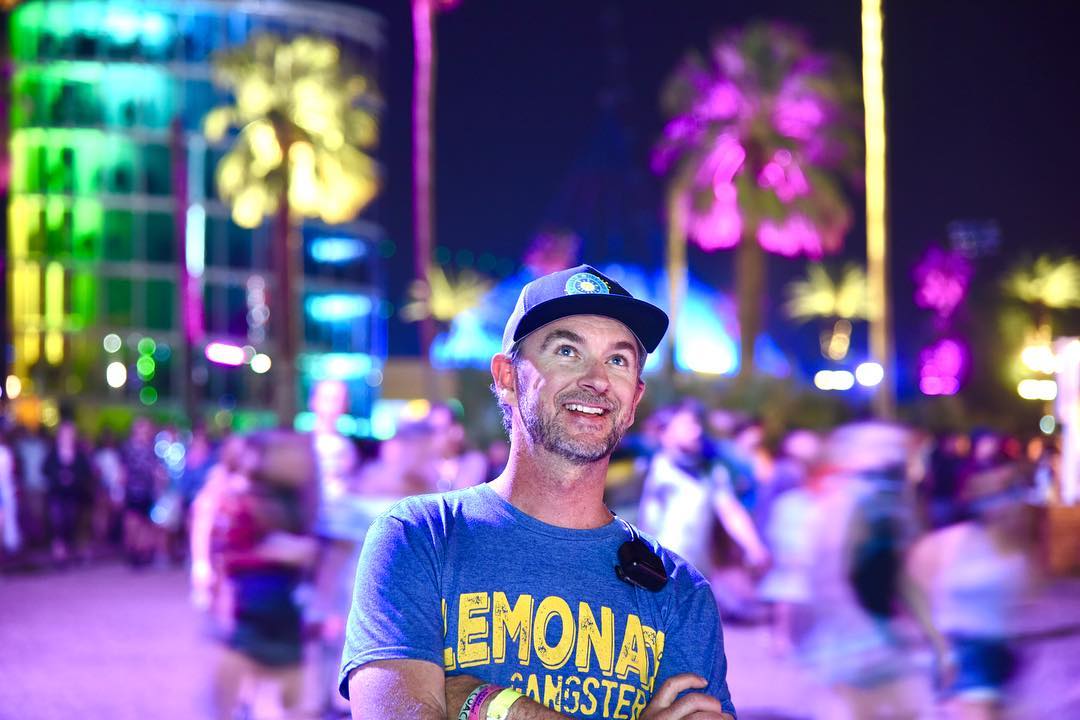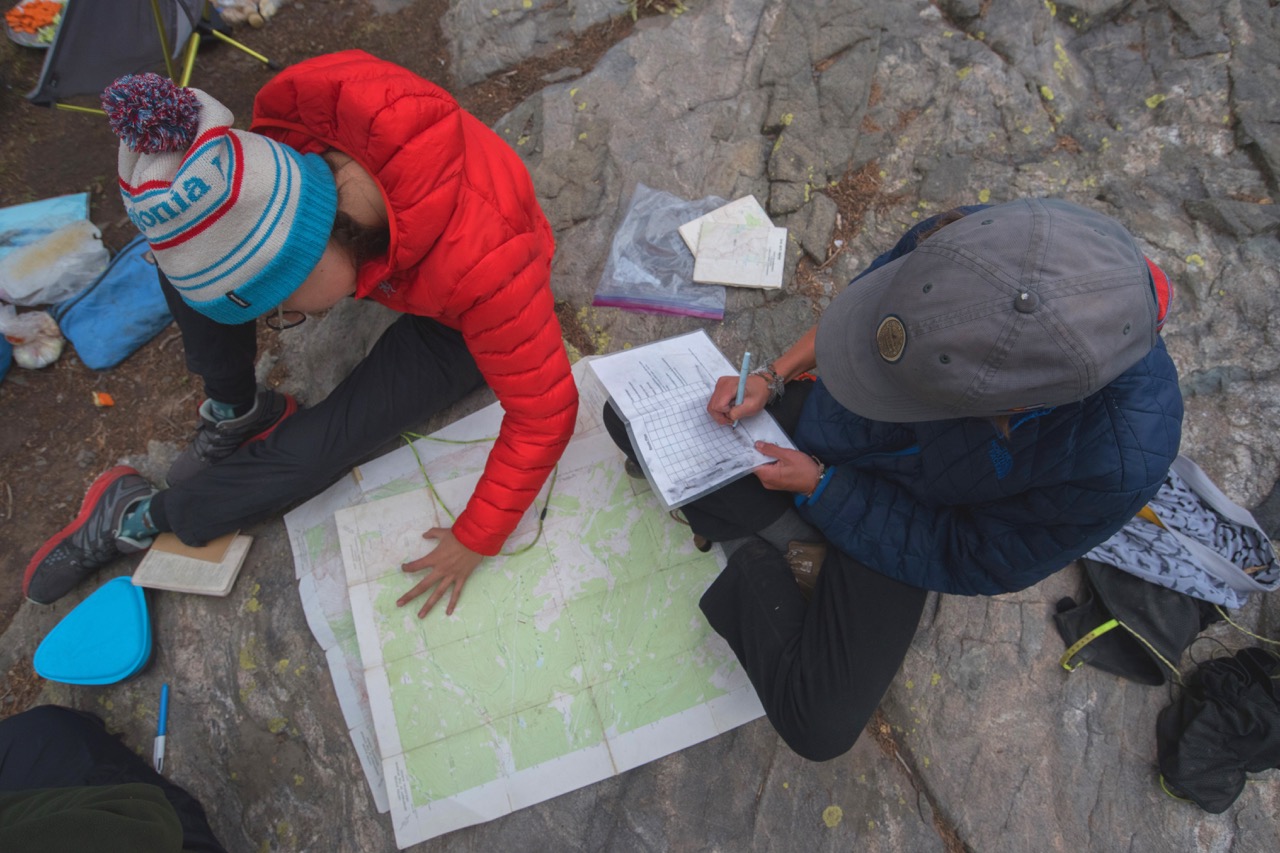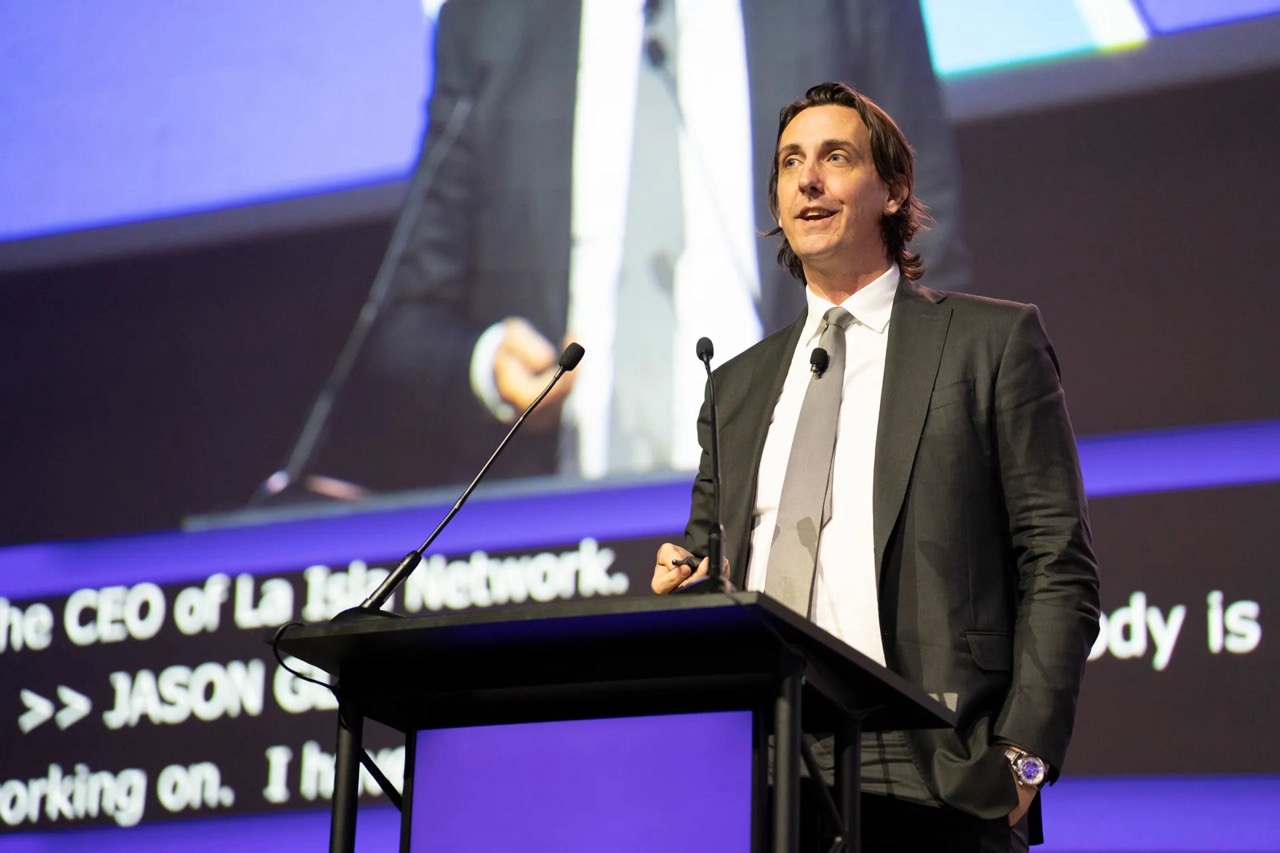Head of School’s Reading List: Winter 2023
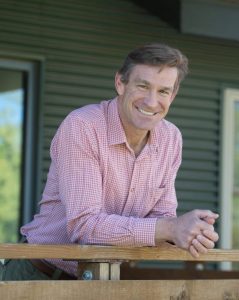 This is the latest installment of Jeff Leahy’s suggested reading list. You can look back through previous blog posts for other suggestions.
This is the latest installment of Jeff Leahy’s suggested reading list. You can look back through previous blog posts for other suggestions.
A great variety of books for just about every reader. The last two on the list are non-fiction. When it comes to the other books, there is not a bad choice in the bunch. If you have a reader in your life, you will find a holiday gift in the list below.
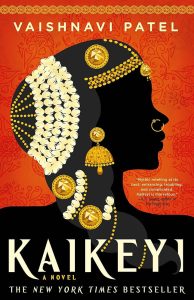 Vaishnavi Patel’s Kaikeyi: A feminist version of a classic Hindu myth of a maligned mother who has been “god touched.” This is an extraordinary retelling in the same vein as Madeline Miller’s Circe. In a world of gods and men, Kaikeyi is the “infamous” queen who attempts to retain some power, dictate a path for her family, and maintain order in the world. There are a wide-range of opinions about this book, but I lean towards it being a great read and worth your time.
Vaishnavi Patel’s Kaikeyi: A feminist version of a classic Hindu myth of a maligned mother who has been “god touched.” This is an extraordinary retelling in the same vein as Madeline Miller’s Circe. In a world of gods and men, Kaikeyi is the “infamous” queen who attempts to retain some power, dictate a path for her family, and maintain order in the world. There are a wide-range of opinions about this book, but I lean towards it being a great read and worth your time.
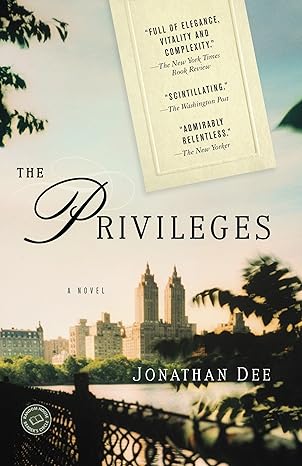 Jonathan Dee’s The Privileges: Considered his breakout novel, this book came as a recommendation from Mark Bell, CRMS Director of Development. There is a lot of enthusiasm around this book and so it doesn’t come as a surprise that there would also be those that find it less remarkable – with one group calling it “lyrical” and “brilliant” while another professes that it is “predictable” and lacks an element of “atonement” at the end that one might expect given what has taken place. If you are familiar with Franzen’s work, or Dee’s earlier novels, and liked them, then you will likely enjoy this book as well.
Jonathan Dee’s The Privileges: Considered his breakout novel, this book came as a recommendation from Mark Bell, CRMS Director of Development. There is a lot of enthusiasm around this book and so it doesn’t come as a surprise that there would also be those that find it less remarkable – with one group calling it “lyrical” and “brilliant” while another professes that it is “predictable” and lacks an element of “atonement” at the end that one might expect given what has taken place. If you are familiar with Franzen’s work, or Dee’s earlier novels, and liked them, then you will likely enjoy this book as well.
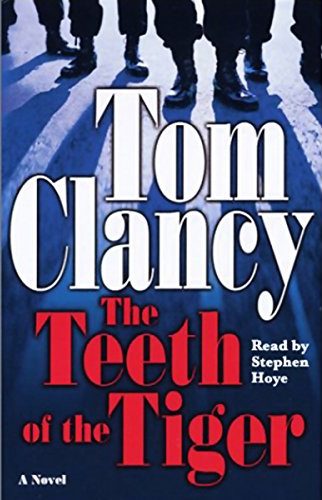 Tom Clancy’s The Teeth of the Tiger: Clancy knows how to tell an engaging story, but over the course of his writing career his characters have aged and the “threats” to America have shifted. This is the first in a series that features the son of one of his original spies and the challenge to American democracy is now coming from the Middle East rather than Russia. This story features a spy agency so deep in undercover work that even the U.S. government is unaware of its existence. The plot is driven by coincidence, balanced on emotional justifications, and set in a post-9/11 landscape. While thrilling enough to keep a reader turning the pages, if you are a Clancy fan, I would look elsewhere.
Tom Clancy’s The Teeth of the Tiger: Clancy knows how to tell an engaging story, but over the course of his writing career his characters have aged and the “threats” to America have shifted. This is the first in a series that features the son of one of his original spies and the challenge to American democracy is now coming from the Middle East rather than Russia. This story features a spy agency so deep in undercover work that even the U.S. government is unaware of its existence. The plot is driven by coincidence, balanced on emotional justifications, and set in a post-9/11 landscape. While thrilling enough to keep a reader turning the pages, if you are a Clancy fan, I would look elsewhere.
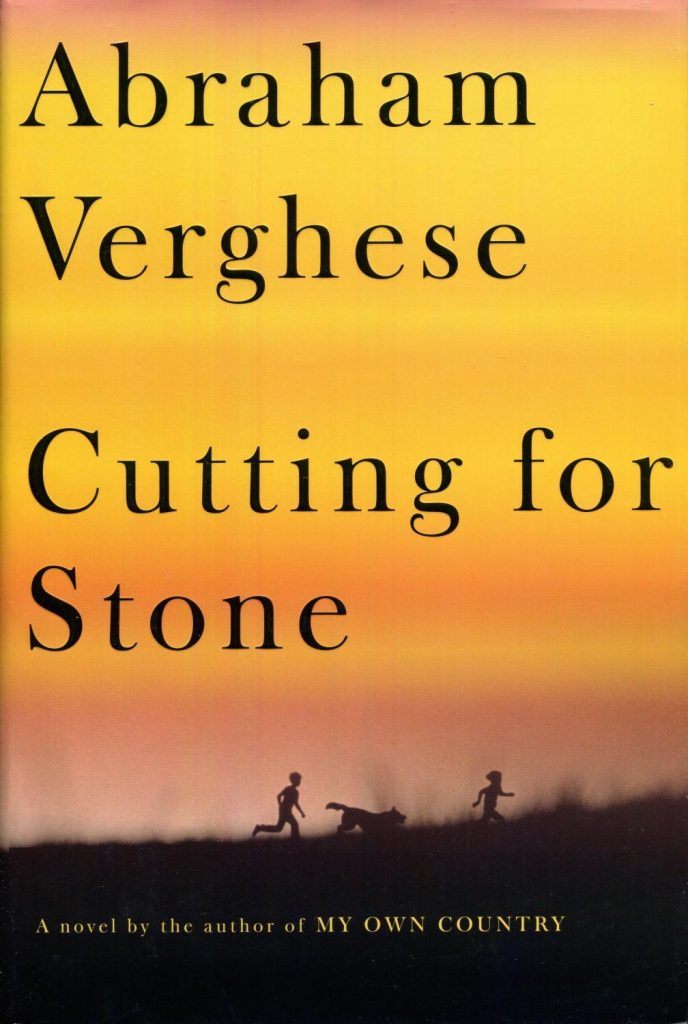 Abraham Verghesse’s Cutting for Stone: An epic novel recommended to me by Jen Ogilby, CRMS Dean of Students. This is a tale of twins conjoined at birth who after being physically separated, grow up without their natural father and mother. Verghesse attempts a novel of epic length as it traces a few generations of characters. This is a great read, even if it is significant in length.
Abraham Verghesse’s Cutting for Stone: An epic novel recommended to me by Jen Ogilby, CRMS Dean of Students. This is a tale of twins conjoined at birth who after being physically separated, grow up without their natural father and mother. Verghesse attempts a novel of epic length as it traces a few generations of characters. This is a great read, even if it is significant in length.
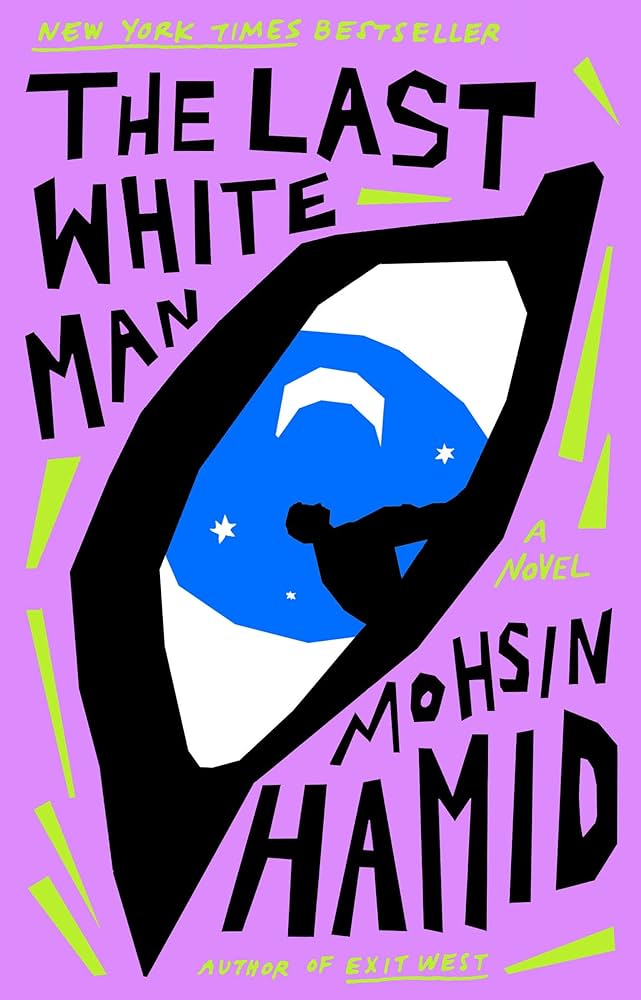
Mohsin Hamid’s The Last White Man: A kafkaesque novel in which the protagonist wakes up a different color than he was before. The characters in this work express a wide range of reactions as Hamid’s society must face and accept a new landscape, one in which the construct of race and the notion of identity are twisted into absurdites. A quick, enjoyable read and full of irony.
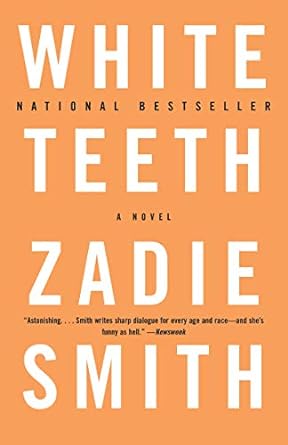 Zadie Smith’s White Teeth: Smith’s work was introduced to me by CRMS alumna Ilsa Perse ’66. This is Smith’s debut novel and it is epic in its scope and entertaining in its presentation. She gives us a generational mix of characters in a humorous, cheeky, narrative voice that often masks the racism and the potential for identity confusion present in modern England. Smith’s most recent novel, The Fraud, is considered one of the best books of the year.
Zadie Smith’s White Teeth: Smith’s work was introduced to me by CRMS alumna Ilsa Perse ’66. This is Smith’s debut novel and it is epic in its scope and entertaining in its presentation. She gives us a generational mix of characters in a humorous, cheeky, narrative voice that often masks the racism and the potential for identity confusion present in modern England. Smith’s most recent novel, The Fraud, is considered one of the best books of the year.
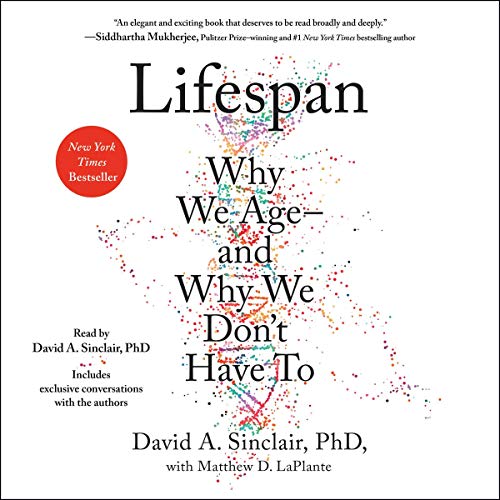 David Sinclair’s Lifespan: Why We Age – and Why We Don’t Have To: I kept hoping for a section that would inform me on the ways in which I could extend my lifespan outside of sleep, nutrition, and exercise. Unfortunately, that doesn’t happen, but if you are interested in knowing why a longer life is in our future, Sinclair makes a strong case for why it will eventually happen. This book is filled with interesting science and research.
David Sinclair’s Lifespan: Why We Age – and Why We Don’t Have To: I kept hoping for a section that would inform me on the ways in which I could extend my lifespan outside of sleep, nutrition, and exercise. Unfortunately, that doesn’t happen, but if you are interested in knowing why a longer life is in our future, Sinclair makes a strong case for why it will eventually happen. This book is filled with interesting science and research.
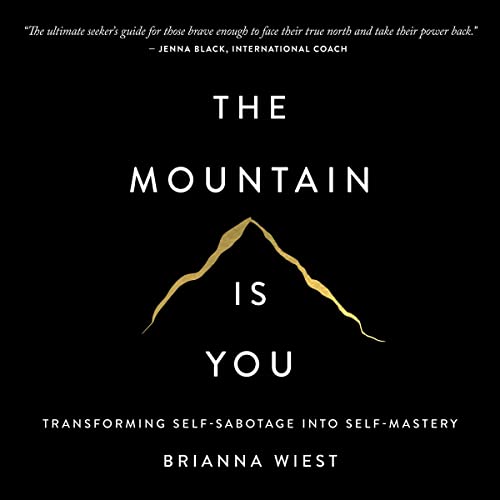 Brianna Wiest’s The Mountain is You: Jungian influenced contribution to the self-help cannon. The self-help industry as a whole is good at telling us that we are not good enough and that we need to change ourselves in order to feel better about ourselves. Wiest’s view is that we have a tendency towards self-sabotage and that this drive stems from getting one of our needs fulfilled, that we actually don’t want to change – because that will require us to be a different person than we currently are, and that the only person who can save you is yourself. On the whole, this read is a valuable use of your time even if you don’t fully agree with the logic…and at least it is not asking you to go out and buy something that will make you feel better.
Brianna Wiest’s The Mountain is You: Jungian influenced contribution to the self-help cannon. The self-help industry as a whole is good at telling us that we are not good enough and that we need to change ourselves in order to feel better about ourselves. Wiest’s view is that we have a tendency towards self-sabotage and that this drive stems from getting one of our needs fulfilled, that we actually don’t want to change – because that will require us to be a different person than we currently are, and that the only person who can save you is yourself. On the whole, this read is a valuable use of your time even if you don’t fully agree with the logic…and at least it is not asking you to go out and buy something that will make you feel better.
 MYCRMS
MYCRMS
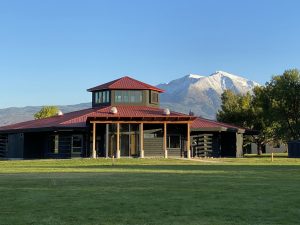
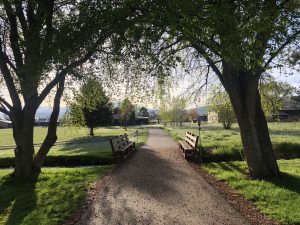
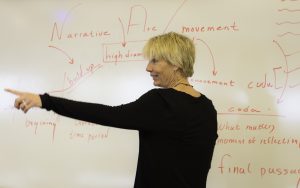
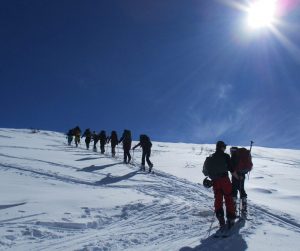
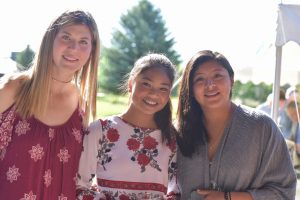
 Virtual Tour
Virtual Tour